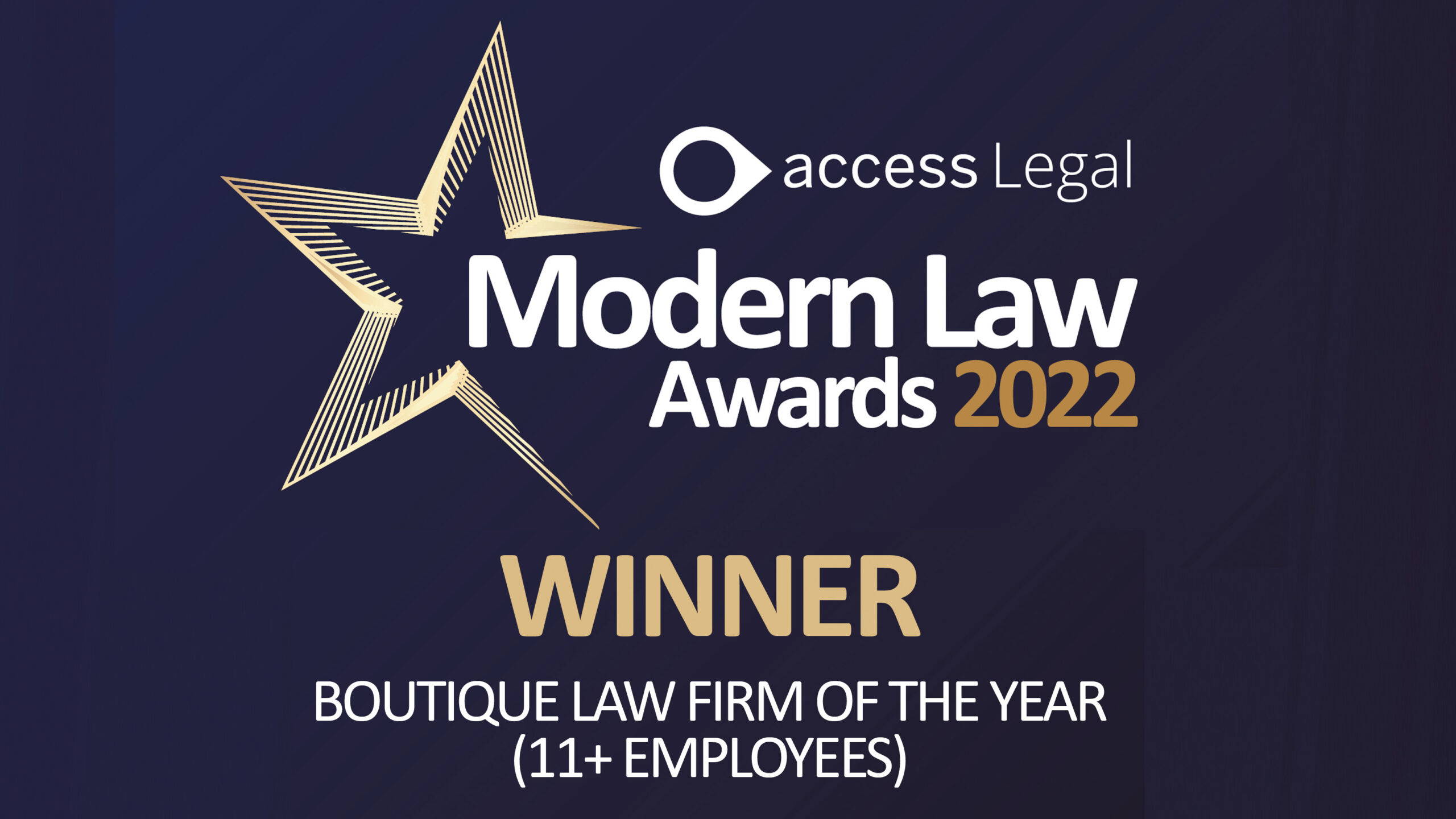On a day to day basis, wherever an employee is at work, an employer always has to consider health and safety in the workplace. However, the coronavirus and Covid-19 has made more ordinary workplaces a much more dangerous workplace environment than before. This is because there is now a risk of an individual contracting the virus when coming into contact with the general public or other employees they work with, where insufficient precautions are taken. Therefore, as long as the virus remains prevalent, every workplace has the potential to be an environment where there is a serious danger for employees, in particular for those who are older or vulnerable.
The Employment Rights Act 1996 (ERA 1996) gives employees protection against any detriment (s44 ERA 1996) or dismissal (s100 ERA 1996) in circumstances where they take certain action to protect themselves from danger in the workplace.
Employers should note that under s100 ERA 1996 there is no qualifying period of service for the employee to be able to bring a claim of unfair dismissal for a health and safety reason, meaning an employee can use this protection no matter how long they have been at the business for. Further, there is no cap on the compensation which can be awarded by the Tribunal, should someone bring a successful claim under s100 ERA 1996.
For employees to have this protection they must reasonably believe that they are in serious and imminent danger. The Secretary of State made a declaration on 10th February 2020 that coronavirus poses a serious and immanent threat to public health; this is something employers should keep in mind.
However, this declaration alone is not sufficient to meet the test under the ERA 1996 for whether the employee reasonably believes that is a serious and imminent threat from coronavirus. There is no requirement for there to actually be a serious and imminent danger, so long as the employee or employer has a reasonable belief of one. This means it does not matter what an employer believes, it matters what the employee reasonably believes at the time they acted. Therefore, there is likely to be an increase of employees making claims under s100 of the ERA 1996 as they will be taking further steps to protect themselves in the workplace due to the coronavirus.
For example, if an employee sees another employee persistently coughing or sweating/looking feverish, this might give them the reasonable belief the other employee may have the coronavirus. If they then request PPE and none is available, or request a distant working environment, they may be able to leave the workplace. This gives the employee protection under ERA 1996, as the danger can come from other employees rather than the actual workplace itself meaning if the employee was subject to a detriment or dismissal for raising this or leaving the premises then it may give raise to a claim.
If the employee chooses to raise their concerns about working with an employee who seems to be showing symptoms of the coronavirus and the employer decides to furlough the complainer, even if the employer does this with the employee’s best interest in mind, it could give raise to a claim under ERA 1996, as this could be considered a detriment in the form of the pay cut to 80%. If the employee then resigns in response to this, that will constitute a dismissal at law if the reason the employer took that action is because the employee did a protected act under s100 ERA 1996 then that resignation may lead to an automatically unfair constructive dismissal. This is because there does not have to be a dismissal in the traditional sense; if an employee resigns as a result of the employer’s actions in response to them raising one of the health and safety concerns then that resignation may be considered to be a constructive dismissal making it automatically unfair.
An employer should also be aware that every employment contract contains an implied term that the employer will take reasonable steps to ensure the safety of their employees. Therefore, if an employer fails to take care of their employees’ safety during the outbreak, employees may be able to resign and claim constructive dismissal on the basis of a fundamental breach of that term in their contract.
This will put employers into a difficult position as employees can decide to take unilateral action, irrespective of their employer’s policies and procedures to protect themselves from catching the virus. Employees do not have to consult before taking this action.
An employer can minimise the chances of employees leaving the workplace and claiming protection under s100 ERA 1996 by following health and safety laws and communicating what actions they are taking in regard to these laws, such as providing protective equipment or encouraging social distancing.
If you have any questions, please do not hesitate to contact us at coronavirus@thrivelaw.co.uk
The Thrive Tribe
Anything within this article should not be taken as legal advice. Any information provided will be general advice and for reference purposes only. It does not constitute legal advice and should not be relied upon as such. Specific legal advice about your specific circumstances should always be sought separately before taking or deciding not to take any action. If you wish to obtain specific advice to your situation and your decisions, please contact us and we will thereafter be able to advise.









